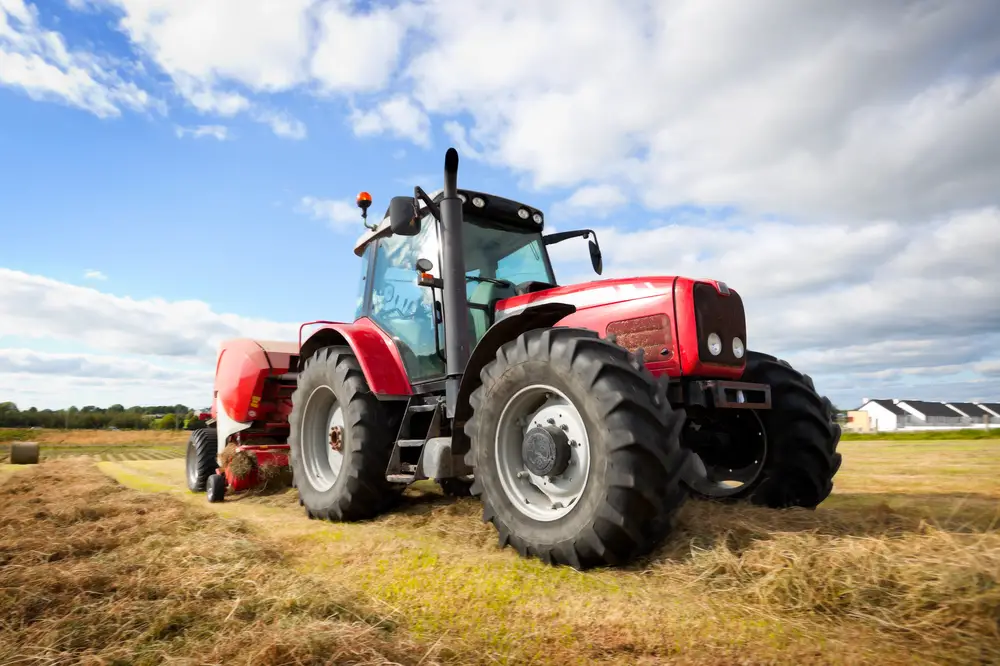Click here to get this post in PDF
For farmers, investing in modern agricultural equipment is crucial to maintaining a competitive edge. However, purchasing new tractors can be financially challenging. Finance leases offer a viable alternative, allowing you to spread the cost over time while eventually owning the equipment. This article will explore how finance leases work, their benefits, and strategies for maximising their advantages.
What is a Finance Lease?
A finance lease, also known as a capital lease, is a long-term lease agreement that allows you to use a tractor for a specified period with the option to purchase the equipment at the end of the term. Unlike operating leases, finance leases transfer the risks and rewards of ownership to the lessee, making it similar to a purchase agreement. Read more at kubota f3890.
How Finance Leases Work
Select Your Tractor: Choose the tractor that meets your farm’s needs. Finance leases are available for a wide range of models, including advanced and high-value equipment.
Apply for Lease: Submit a lease application to the leasing company, providing the necessary financial documents and details about your farming operations.
Lease Agreement: Once approved, sign a lease agreement outlining the terms, including monthly payments, lease duration, and the option to purchase the tractor at the end of the lease.
Regular Payments: Make fixed monthly payments throughout the lease term. These payments cover the cost of using the tractor and, over time, contribute to the purchase price.
End of Lease Options: At the end of the lease, you can purchase the tractor at its residual value, extend the lease, or return the equipment.
Benefits of Finance Leases
Ownership Potential: Finance leases provide the option to own the tractor at the end of the lease term, offering a path to full ownership.
Fixed Payments: Fixed monthly payments make budgeting easier and provide predictability in managing your farm’s finances.
Tax Benefits: Lease payments and interest can often be tax-deductible, reducing your overall tax burden.
Access to High-Value Equipment: Finance leases enable you to acquire high-value, technologically advanced tractors that might be unaffordable to purchase outright.
Preserve Working Capital: Spreading the cost over time helps preserve your farm’s working capital for other essential expenses.
Tips for Successful Finance Leasing
Evaluate Your Financial Health: Before applying, ensure your farm’s finances are in good order. Maintain a healthy credit score and pay down existing debts.
Compare Lease Options: Shop around and compare finance lease offers from different lenders to find the best terms and conditions.
Understand Lease Terms: Carefully review the lease agreement, including interest rates, repayment schedules, and any fees or penalties.
Budget Wisely: Plan your budget to comfortably accommodate the monthly lease payments without straining your cash flow.
Plan for Ownership: If you intend to purchase the tractor at the end of the lease, start setting aside funds for the residual value payment.
Common Pitfalls to Avoid
Overextending Finances: Avoid taking on more debt than your farm can handle. Ensure that your monthly payments are manageable within your budget.
Ignoring Total Costs: Focus on the total cost of the lease, not just the monthly payments. Consider interest rates, fees, and the total amount paid over the term.
Neglecting Maintenance: Regular maintenance is crucial to keep the tractor in good condition and avoid costly repairs or penalties.
Final Thoughts
Finance leases offer a strategic way for farmers to acquire modern equipment without the immediate financial burden of purchasing. By understanding how finance leases work, evaluating your options, and managing your finances wisely, you can maximise the benefits and enhance your farm’s productivity and efficiency.
You may also like: How Tractors Help Agricultural Farmers Do Their Jobs
Image source: DepositPhotos.com

